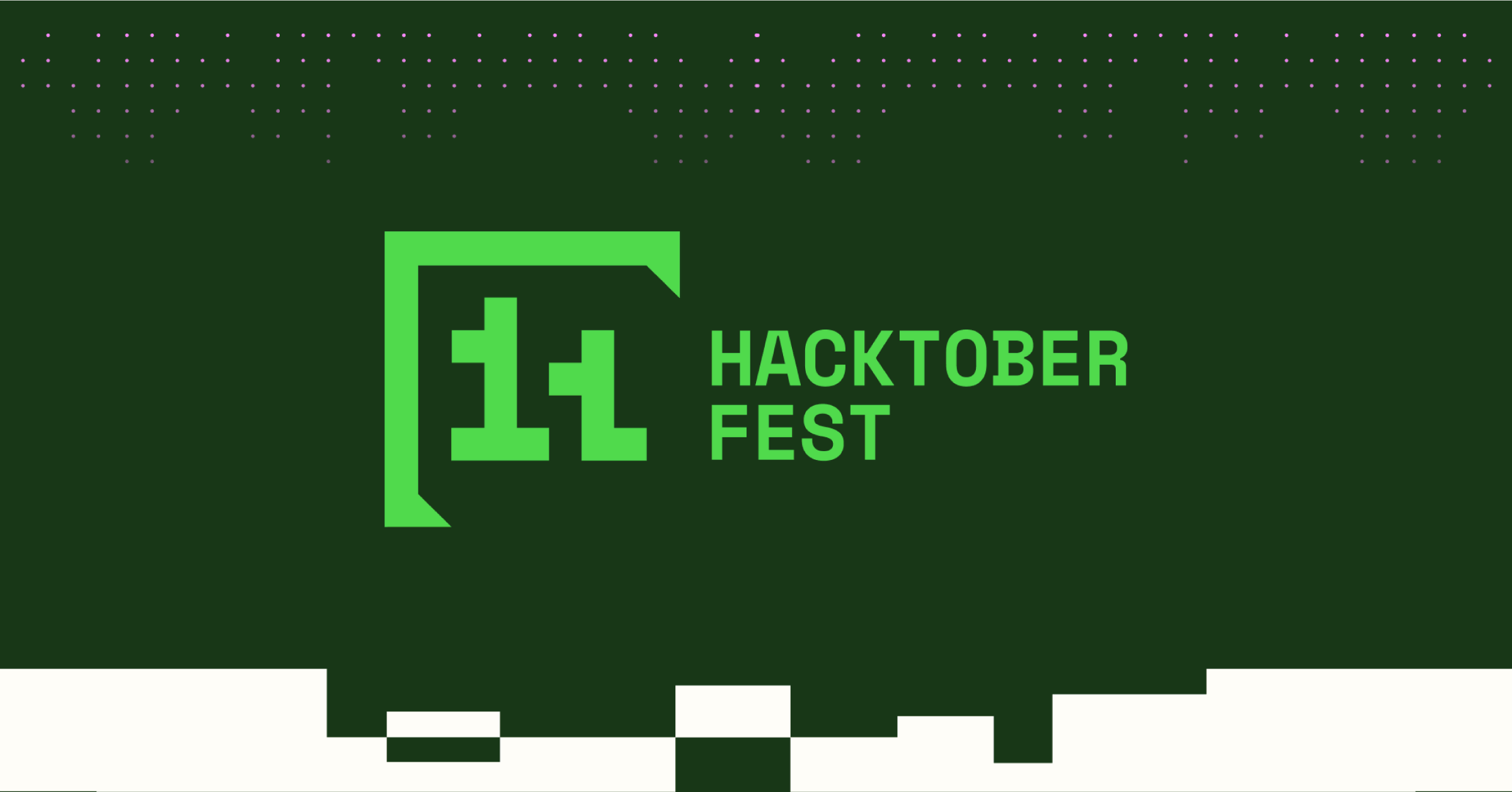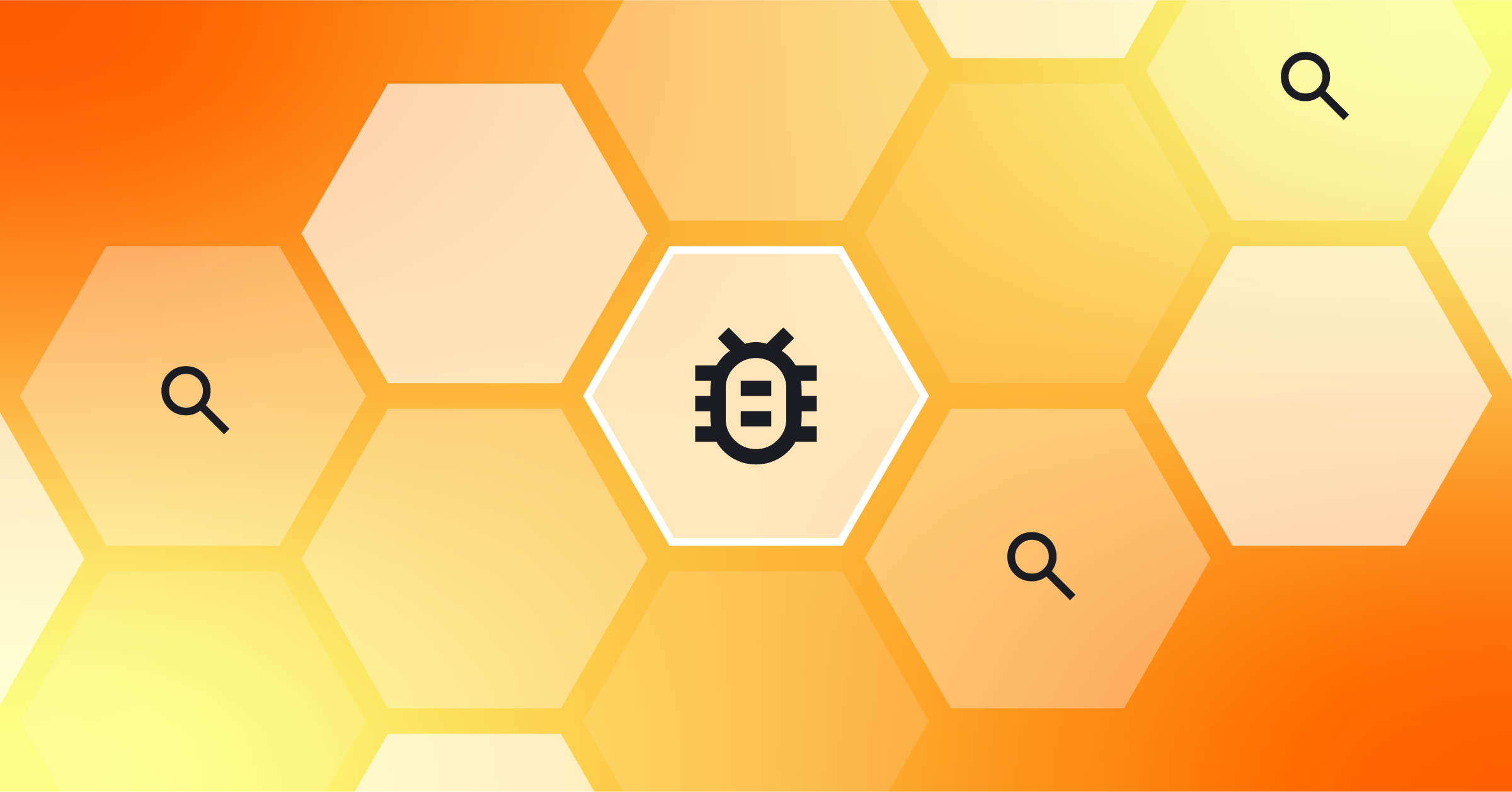
#VenceAlVirus: A virtual hackathon that aims to help overcome the challenges of COVID-19

COVID-19 has had a tremendous impact on people all over the world.
In these difficult times, we’re proud that Mattermost is helping people collaborate remotely and that folks in our community are coming together to combat the virus.
In this spirit, we want to share the story of #VenceAlVirus (#DefeatTheVirus), a virtual hackathon that has brought more than 8,000 volunteers from around the world together to solve the serious challenges that have emerged in recent weeks.
In addition to brainstorming ideas to improve health outcomes, the #VenceAlVirus hackathon team is also focused on solving other significant problems—like finding work for people who lost their jobs, improving the “immune system of society,” and identifying other problems that the world may face after COVID-19 so that potential solutions can be devised today.
Dr. Manuel Carro, PhD, is an associate professor at the Technical University of Madrid who’s also the director of the IMDEA Software Institute. He is one of the advisors for the hackathon, which launched in Madrid on March 31 and has since attracted contributors from around the world, 95% of whom are from Spain.
“This is a grassroots movement,” Dr. Carro explains. “We want to give everyone—from the neighbor around the corner to the gifted high school student—the opportunity to voice their ideas and meet other people.”
The #VenceAlVirus project is attracting folks from all walks of life, including professors, entrepreneurs, students, and social workers. Together, they’re using open source tools like Mattermost and Taiga to collaborate remotely and organize their work.
“Optimistically, we were expecting 1,500 to 2,000 participants and maybe 100 or 200 different projects,” Dr. Carro continues. “We’ve already doubled that to 4,300 participants and more than 500 projects, and the numbers are still growing. We’ll probably reach 5,000 participants and 600 projects.”
(Note: As of Wednesday, April 8, more than 8,000 participants were working on upwards of 750 projects.)
The #VenceAlVirus team in action
One of the many projects that’s part of the hackathon is trying to ensure that patients and medical professionals have access to the supplies and medications they need even though they are in high demand. As it currently stands, there’s a shortage of many critical supplies, the production rate can’t keep pace with the need, and folks might not know where the items they need can be found.
One of the proposed workarounds here is to virtually pool together the supplies that are available in shops in a given neighborhood and let the people place orders for them via an app. Those requests will then be queued, and once an order is processed, they will receive a notification letting them know when and where they can pick up the items they need. Altogether, this reduces the time and effort required to get a hold of much-needed supplies.
In addition to coming up with health-conscious solutions like this, Dr. Carro says the #VenceAlVirus team is also looking at solutions that will help everyday people put their lives back together in a post-COVID-19 world, with a focus on community-building initiatives and return-to-work solutions.
“Due to companies laying off workers, the unemployment situation in Spain at this moment is probably the worst it’s been in recent years, and this is going to have a huge impact on society,” Dr. Carro says. “I think that the 2008 crisis is nothing compared to this. So, one of the points that we want to tackle in this hackathon is how to recover.”
While scientists, researchers, and doctors focus their energies on coming up with vaccines and cures, people who are social workers and teachers are joining #VenceAlVirus to share ideas and help how they’re able to.
“We believe that everyone should be able to get together and propose solutions,” Dr. Carro explains.
The tools that make it happen
When deciding how to coordinate this remote team, #VenceAlVirus began looking at tools designed for hackathons and building online communities. They opted for a kanban-style platform for project management, and they went with Taiga. They also needed a communications tool.
Due to privacy concerns, the group couldn’t use Slack, since they wanted ownership over their data. Along with the technical advisors from Taiga, Dr. Carro, who uses Mattermost at IMDEA, recommended the hackathon use the platform instead. Due to its open source nature, they’d be able to integrate it with Taiga.
After only a few hours, Mattermost was up and running; Mattermost engineer Jesús Espino “was a tremendous help” during that process, Dr. Carro says. A short while later, the project had upwards of 61,300 messages, 1,500 daily active users, 720 channels, and 240 teams.
“It’s working very well,” Dr. Carro explains. “People who have never used it before are now using it continuously.”
Work on selected projects is underway through April 13. If you’re interested in getting involved, take a look at the projects.




